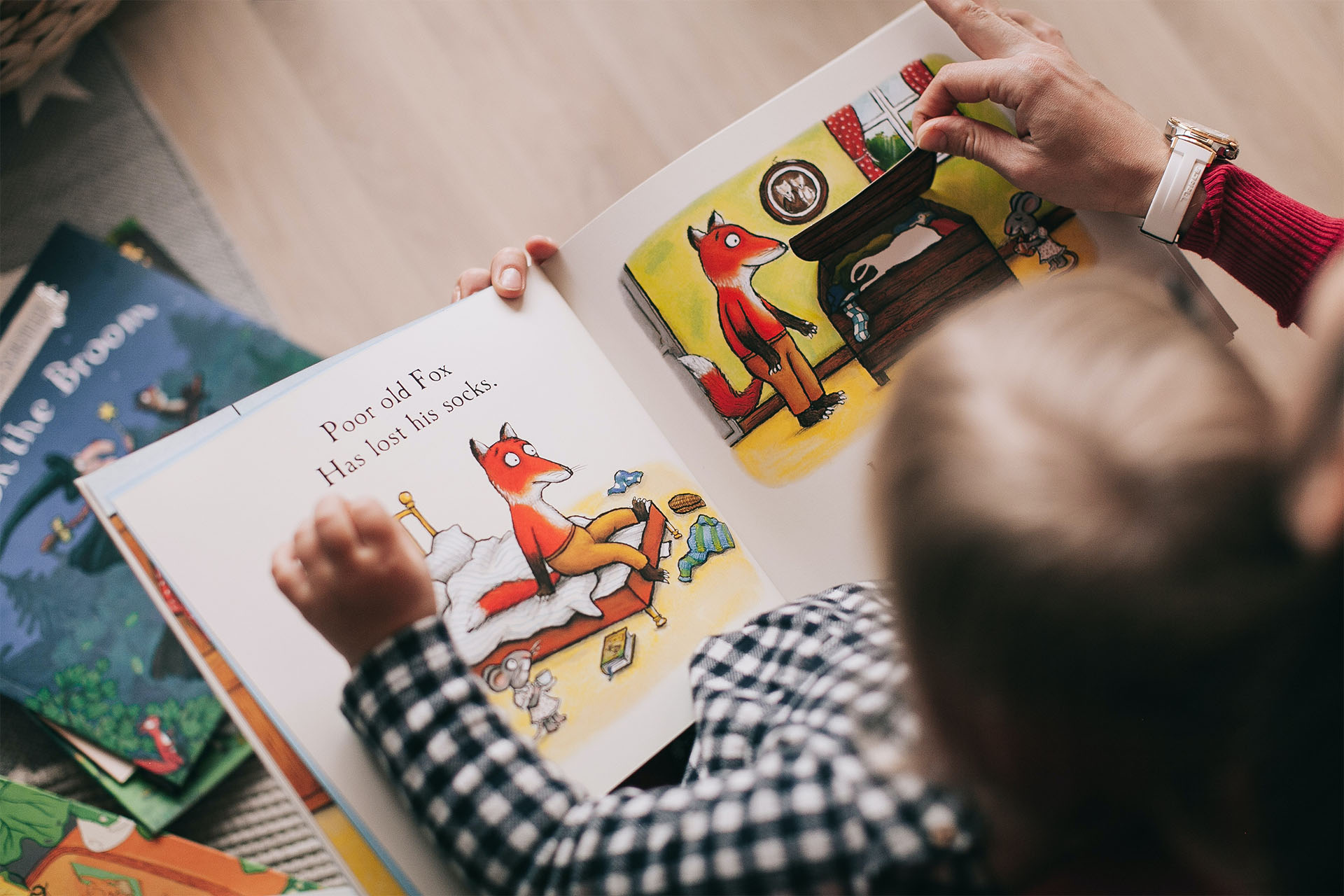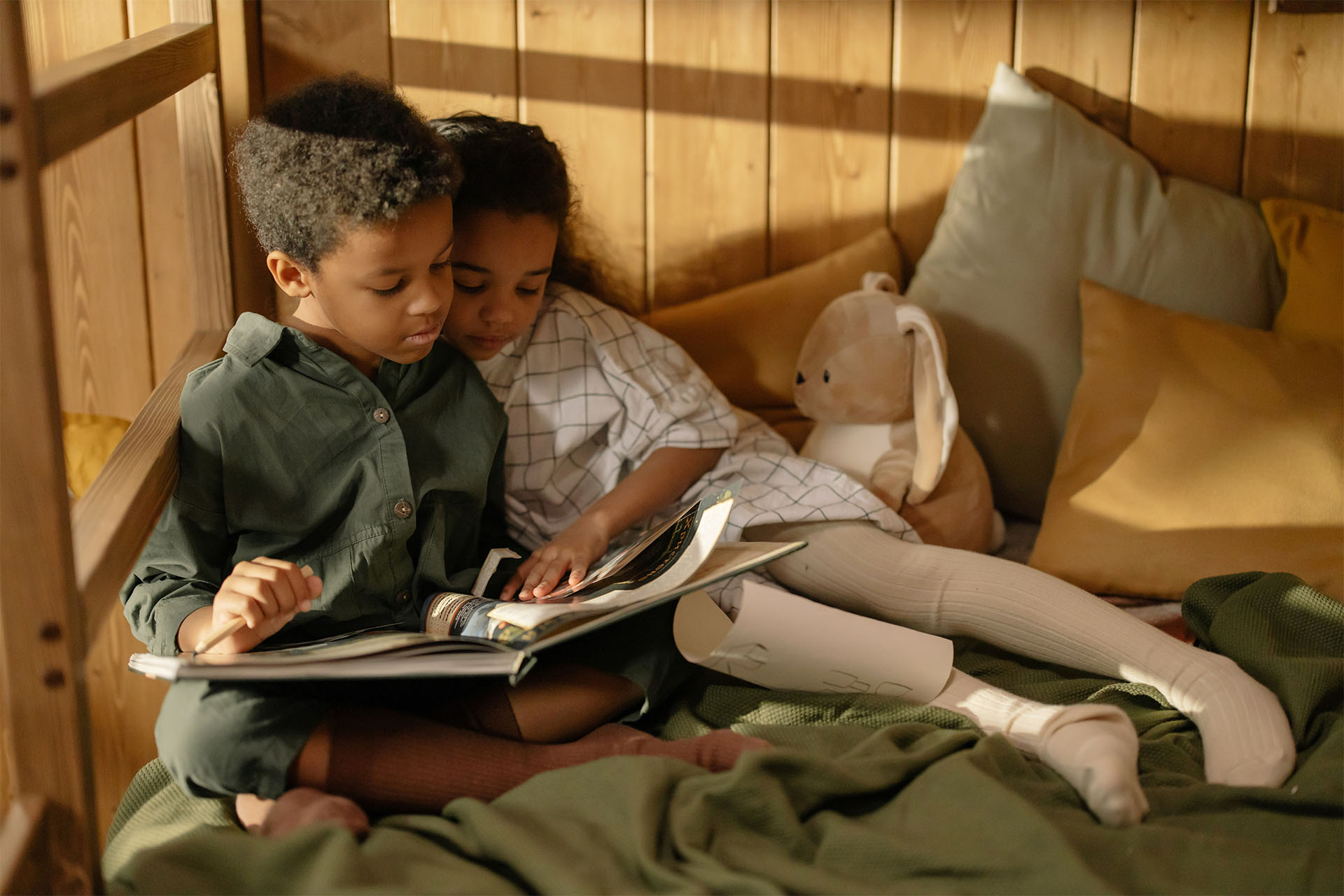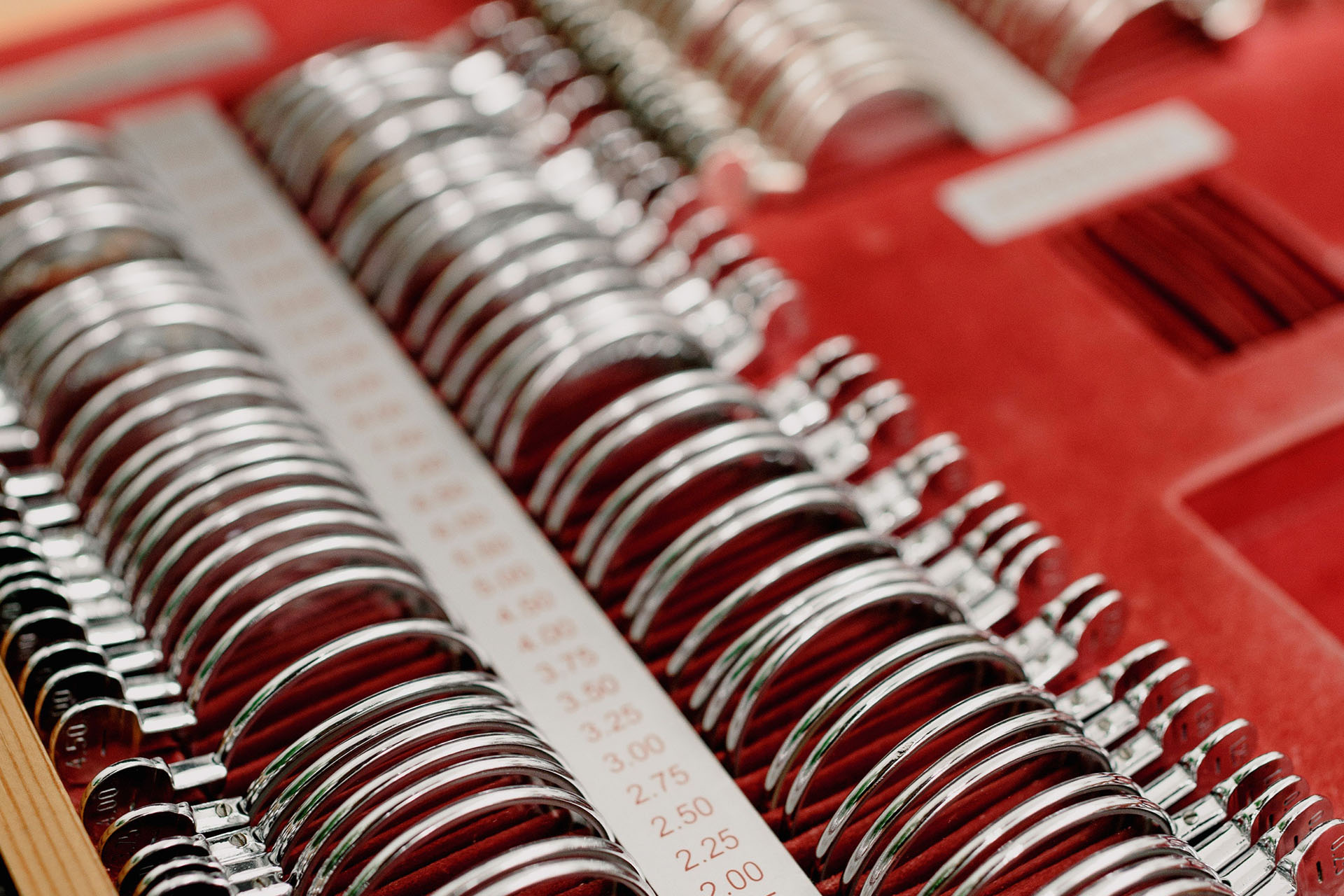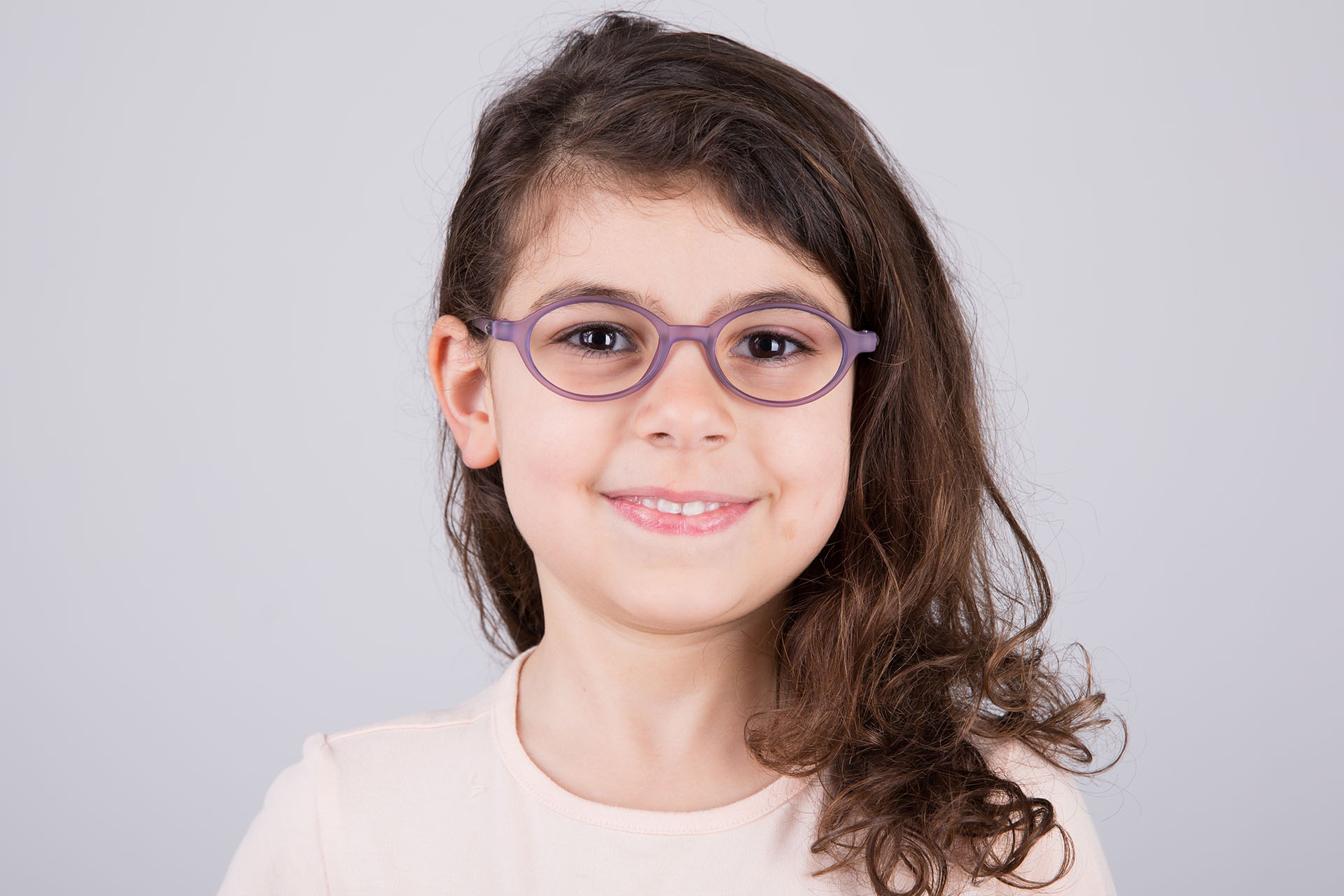CHILDREN'S
Eyecare
Carmelo has extensive knowledge in Paediatric Eyecare having attained a post-graduate module in Paediatric Optometry and Binocular Vision.


- The importance of regular examinations for children is paramount.
- Up to 80 % of sensory input in visual.
- Healthy eyes and vision is a critical part of a child’s development.
- Important to check their vision and alignment / coordination.
- Research shows that around 20% of school-aged children have an undiagnosed vision problem (Data from Professor David Thomson, City University, London)
When to have an eye examination?
Ideally 3 years of age or earlier if there is a family history of ‘Lazy eye’ (Amblyopia), ‘Squint’ (Strabismus), Myopia or Hypermetropia (Short/Long-sightedness). The sooner vision is corrected – whether with spectacles, contact lenses or Occlusion Therapy (Patching) – the better for the development of sight and depth perception.
Things to look out for
Signs that a child may have vision problems include:
- constant eye rubbing
- extreme light sensitivity
- poor focusing
- poor visual tracking (following an object)
- abnormal alignment or movement of the eyes (after 6mths of age)
- chronic redness of the eyes
- chronic tearing of the eyes
- a white pupil instead of black
In school-age children, other signs to watch for include:
- being unable to see objects at a distance
- having trouble reading the blackboard
- squinting
- difficulty reading/ blinking a lot or rubbing eyes whilst reading
- sitting too close to the TV
- possible eye turn – may be evident if the child is tired
- when a child is reading aloud, listen for overly slow reading, the skipping of words or lines etc.
WHAT IF MY CHILD CAN’T READ LETTERS?
If for any reason your child has difficulty with numbers and letters, we can perform tests that trace their eye movement and recognition of shapes to assess their vision.
WHAT TESTS ARE PERFORMED?
- Measurement of sight: assessed using letter matching cards or preferential looking cards
- Refraction: check if a prescription for vision correction is required. This is assessed objectively ie we rely on what we see to determine rather than responses given by the child. The instrument we use to determine this is called a Retinoscope and involves shining a light into the eye
- Binocular Vision function: we observe how the eyes work together when looking near and far, and when in different directions
- Assess focusing ability: important when performing near vision tasks e.g reading
- Colour Vision: Important to establish if there is a colour vision defect early to assist in schooling and appropriate advice can be given for future careers. 1 in 13 boys will have a colour vision defect – will perceive colours in a different way
- Ocular Health : ensure the eyes are healthy both externally and internally


IF VISION CORRECTION IS REQUIRED?
If an NHS funded sight test has been performed a prescription and an Optical voucher will be issued. The optical voucher can be used against the supply of a pair of spectacles.
”Fantastic service very friendly and great with children. Won't use anyone else anymore.
